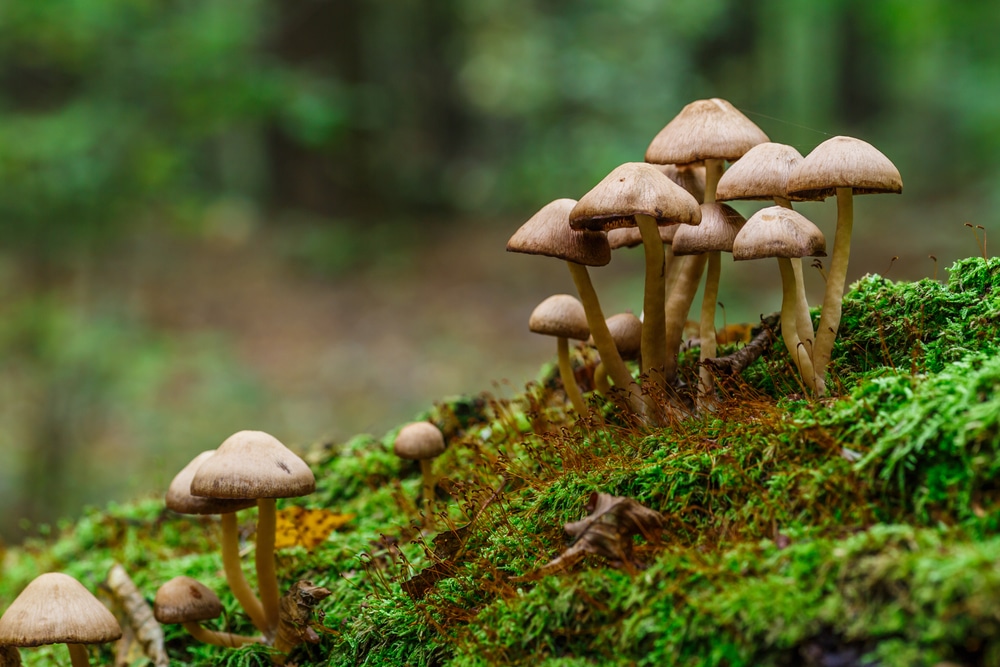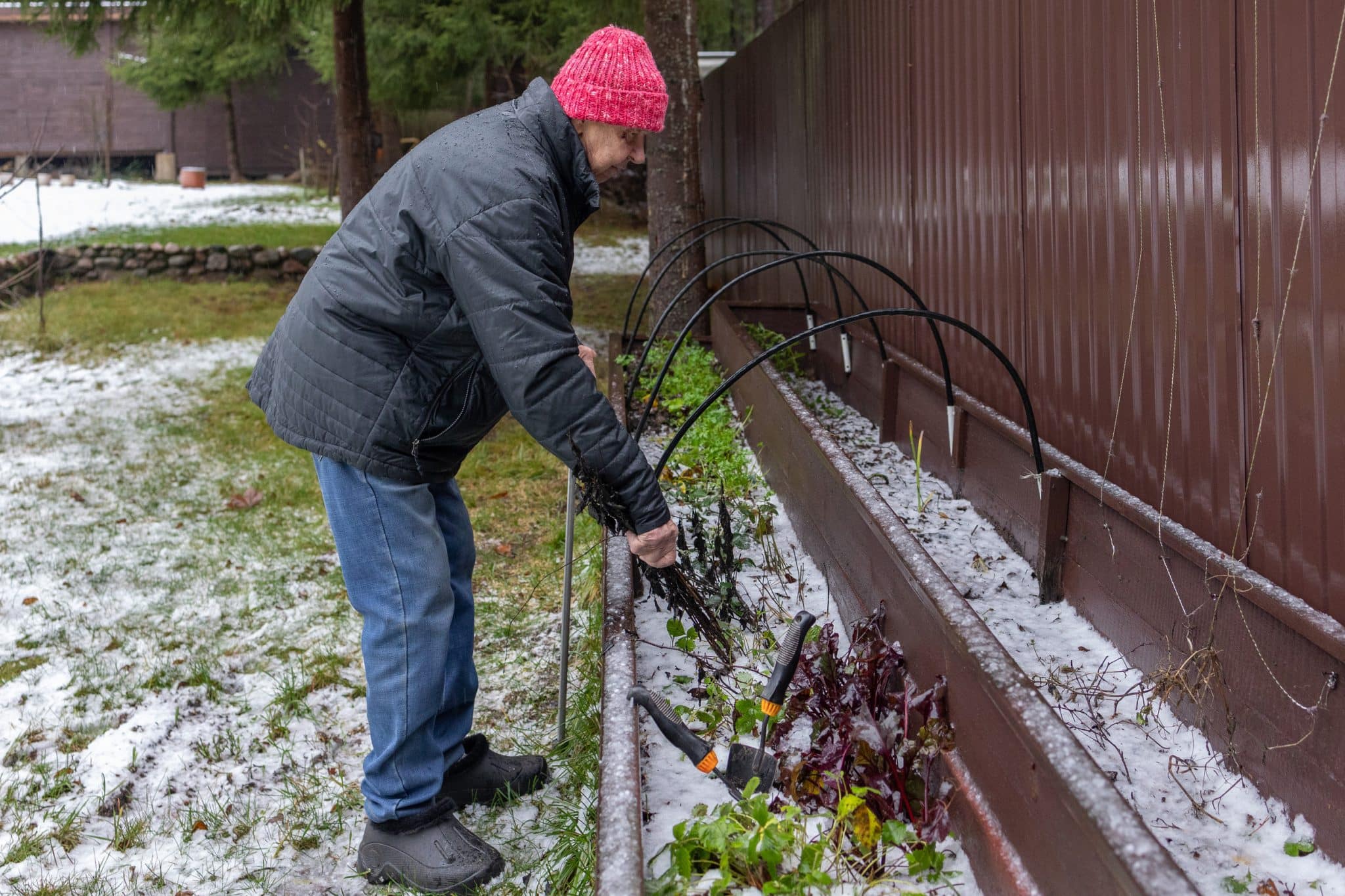In an innovative approach to combat plastic pollution, scientists are turning to fungi as a potential solution. With millions of species worldwide, mushrooms are being harnessed for their ability to degrade environmental contaminants through a process known as mycoremediation.
Mycoremediation employs fungi to break down pollutants, utilizing their mycelia, or root-like structures, to consume contaminants externally. This method contrasts with traditional bioremediation approaches that rely on bacteria. Fungi are capable of using enzymes to decompose complex molecules in waste, effectively converting them into nutrients.
Research has shown that mushrooms can effectively clean up industrial and agricultural waste. For instance, oyster mushrooms have been successful in removing E. coli from contaminated water and toxic ash from wildfires. Now, attention is shifting towards their capability to address plastic pollution, one of the most pressing environmental challenges of our time.
Among the fungi being studied is Pestalotiopsis microspora, discovered in the Amazon rainforest. A 2011 study by Yale University revealed that this fungus can break down polyester polyurethane, a common plastic, in just two weeks. It can consume plastic as its primary carbon source, raising the prospect of using mycoremediation in various waste management settings, including landfills and ocean gyres.
Further research from the University of Sydney has identified other fungi, such as Aspergillus terreus and Engyodontium album, which can degrade polypropylene, a type of plastic that poses significant recycling challenges. In experiments, these fungi reduced plastic waste by 25-27 percent in 90 days, suggesting a viable method for addressing non-recyclable plastics.
Practical applications of mycoremediation are also emerging. In Melbourne, Fungi Solutions conducted trials demonstrating that oyster mushrooms can break down toxins and microplastics found in cigarette butts within a week. This technology has the potential to significantly reduce the number of cigarette butts in landfills, offering a tangible solution to a widespread waste issue.
Additionally, the Fungi Mutarium, a project developed by Katharina Unger in collaboration with Utrecht University, has created a system where mushrooms can feed on agar pods and UV-treated plastics. This system not only suggests smaller-scale recycling solutions for households but also envisions larger applications in community recycling centers. Notably, some of the mushrooms involved in this process produce edible mycelia, further contributing to sustainability.
As the global plastic crisis escalates, mycoremediation presents a promising and sustainable strategy for waste management. With an estimated 8.3 billion tons of plastic produced since the 1950s, the need for effective environmental solutions is critical. The innovative use of fungi highlights a natural approach to mitigating plastic pollution and offers hope for a more sustainable future.



